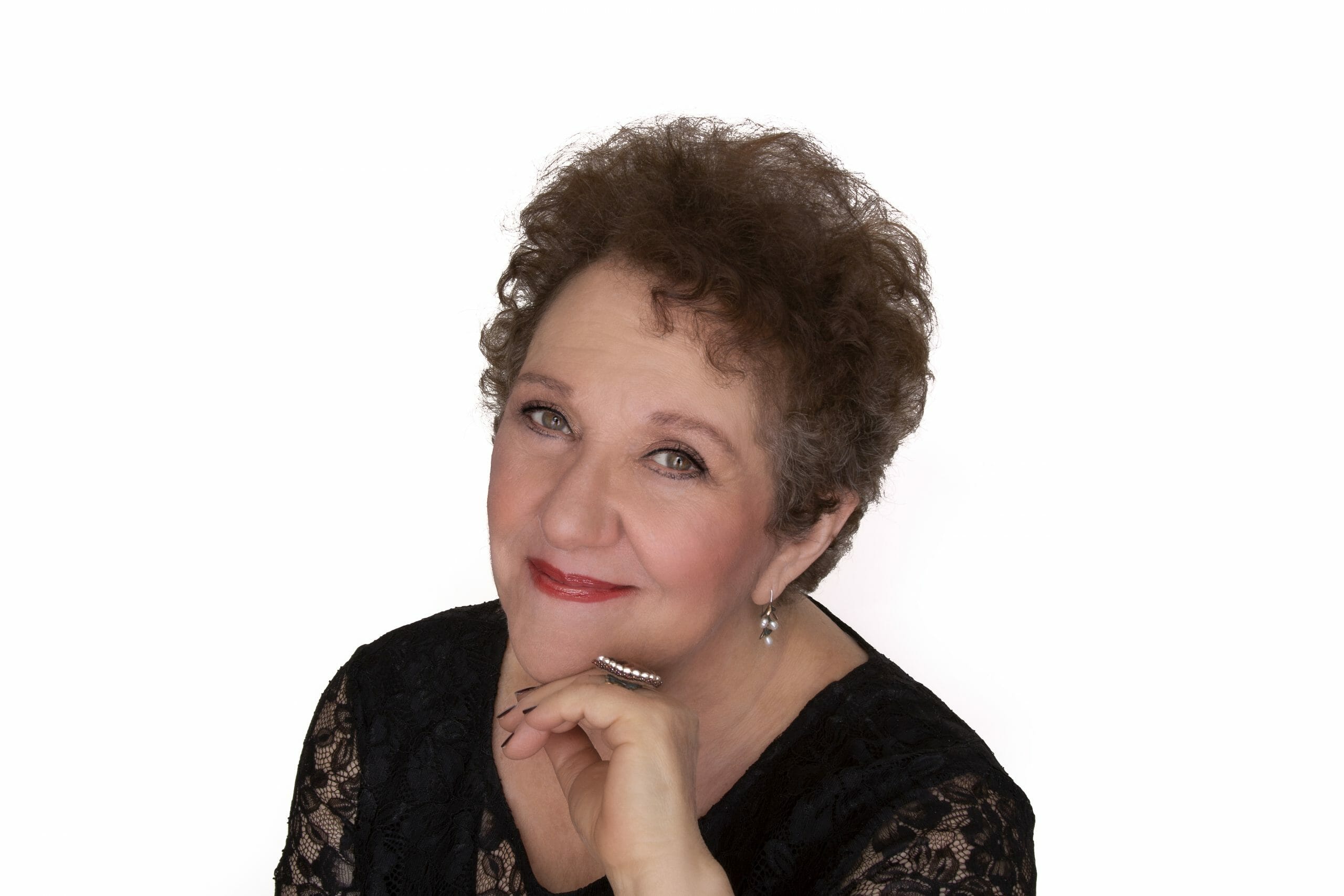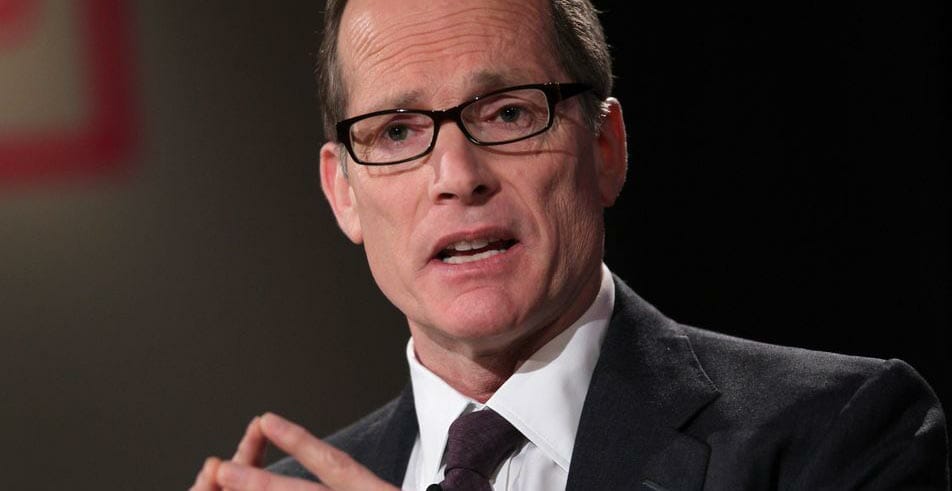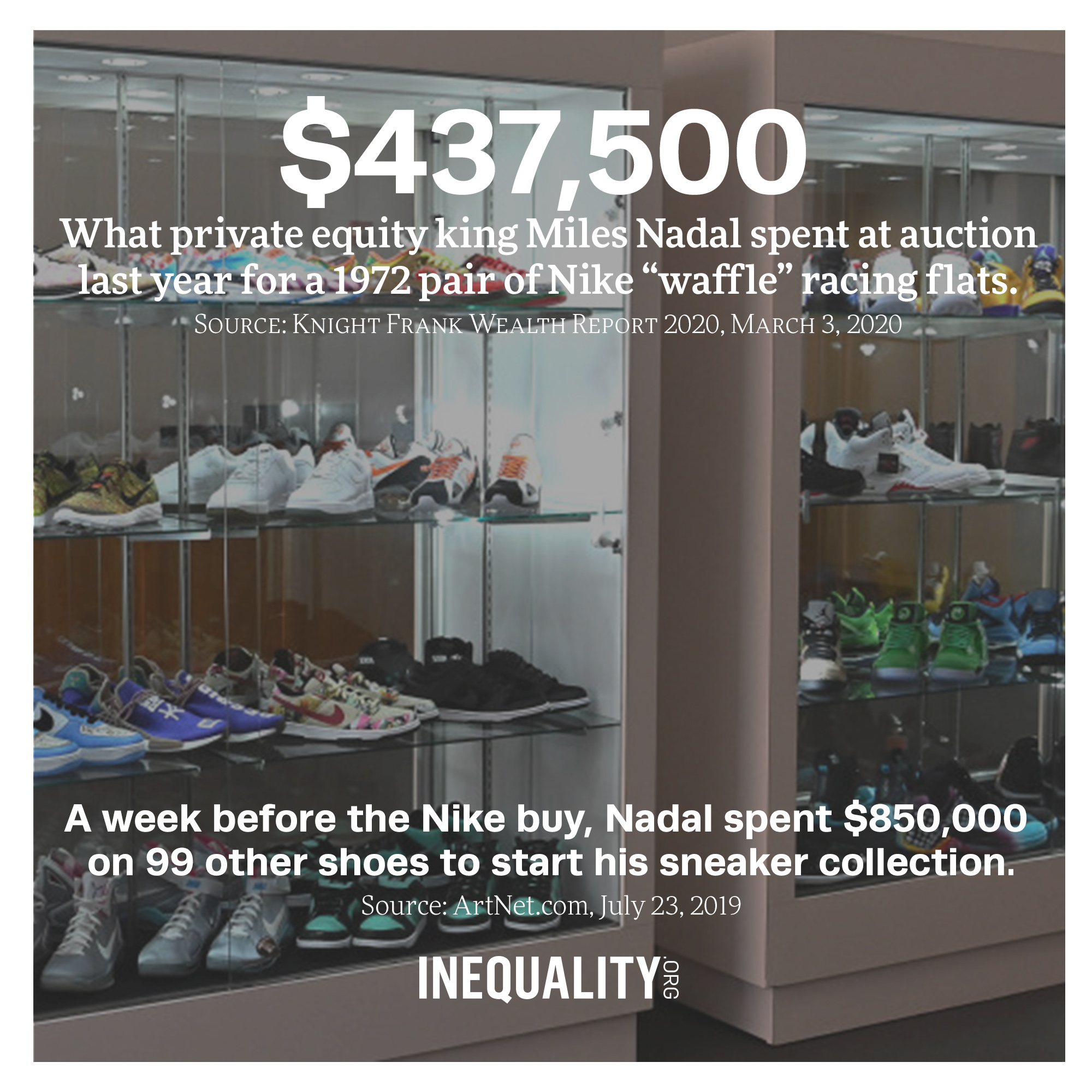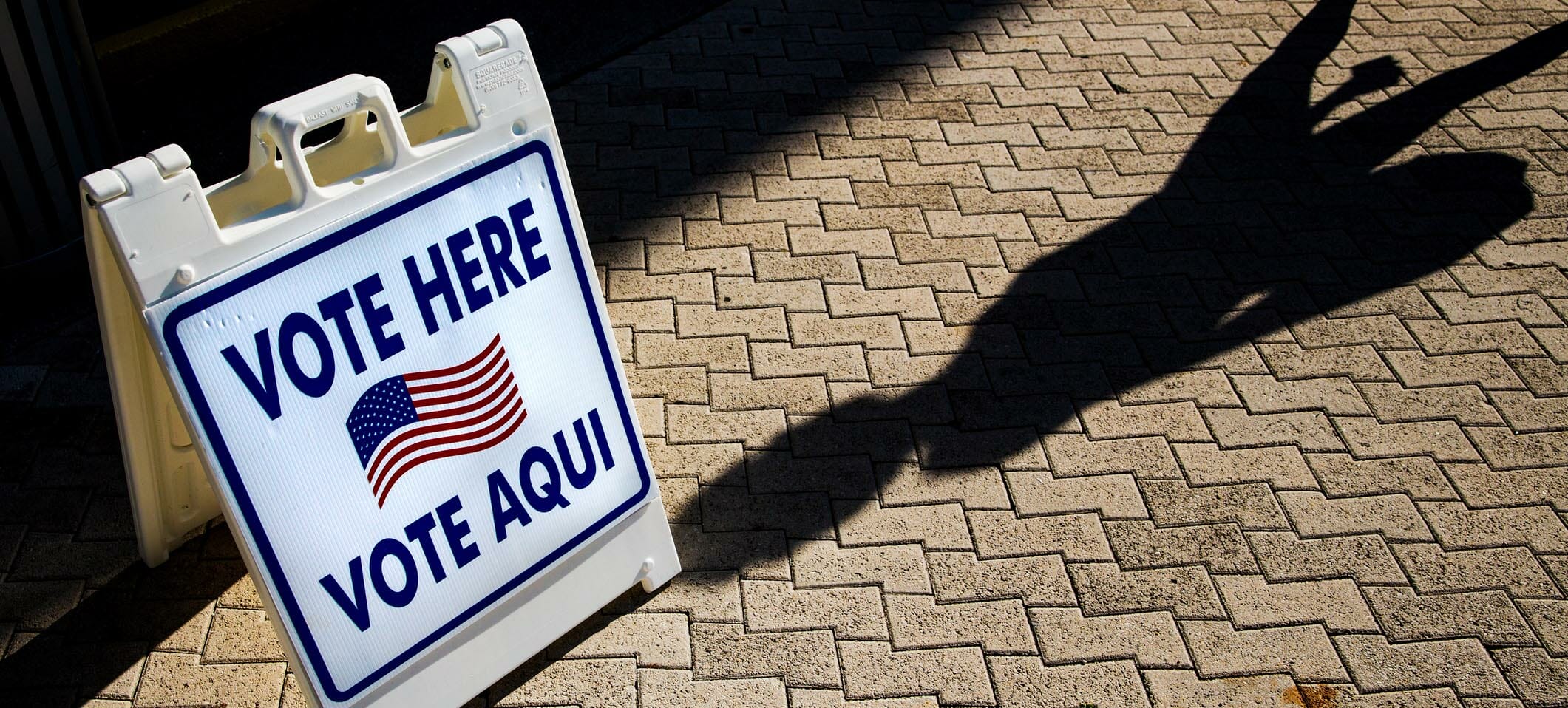| THIS WEEK |
In these uncertain times, who can be blamed for turning toward numbers for answers? But sometimes numbers just raise more questions.
What should we make, for instance, of a recent poll that found likely Democratic voters in Texas prefering socialism over capitalism by large margins? One thing we know for sure: People in the United States, and around the world, know our global economy isn’t working for them.
As my colleague Sam Pizzigati writes this week, by framing issues like climate change, racism, and immigration outside the realm of wealth and income inequality, some polls may even be obscuring just how much Americans don’t approve of our economic status quo. We have more this week on the fight against inequality — on multiple fronts!
Chuck Collins, for the Institute for Policy Studies Inequality.org team
|
|
| |
|
| INEQUALITY BY THE NUMBERS |
 |
|
|
|
| |
|
| FACES ON THE FRONTLINES |
 |
| Inequality Chanteuse to Premier New York Cabaret |
| In the battle against inequality, culture rates as a front as important as any other, a reality that Peggy Crane, a former classical music singer in New York, has never forgotten. Crane is now returning to the stage for a one-woman cabaret on our economic divide. Her goal: to “invite my audience to consider their own feelings about money — that loaded, anxiety-producing topic — at a time of growing inequality and insecurity.” Ultimately, Crane hopes to help inspire people to “vote, march, organize, and express themselves on behalf of a much more equal society.” Not exactly a 1 percenter herself, Peggy is crowdsourcing to pay the musicians in her new cabaret. Learn more about the show and how you can chip in. |
|
| |
|
| WORDS OF WISDOM |
 |
|
|
|
| |
|
PETULANT PLUTOCRAT
OF THE WEEK |
 |
| Between Rich and ‘Loyal’ Friends, Anything Goes |
| Billionaire Glenn Dubin has rated as a Wall Street “master of the universe” ever since he launched the Highbridge Capital hedge fund in 1992. Earlier this year, the 62-year-old retired from his hedge fund home of more recent years to serve, he pronounced, “on boards” and become involved “in operating companies.” His retirement, Dubin insisted, had nothing whatsoever to do with his long-term connection with the now-deceased infamous sex predator Jeffrey Epstein. That connection first broke into public view last August when a federal court released previously sealed records from a lawsuit that named Dubin as an active participant in Epstein’s depravity. The resulting publicity, one Wall Street insider later told the New York Post, made Dubin “toxic” as potential investors in his hedge fund made haste to avoid any whiff of the Epstein stench. Dubin has dubbed the charges against him as “false” and thanked his “loyal friends,” reports Reuters, for showing support. Those loyal friends once included Epstein, who helped engineer the lucrative sale of Dubin’s first big hedge fund to JPMorgan Chase. |
|
| |
|
| BOLD SOLUTIONS |
 |
| Public Financing to Break the Big Money System |
| Rare candidates like Bernie Sanders can raise enough money from small donors to compete in federal elections, but the vast majority have to rely on deep pockets. This “donor class” looks nothing like America. Ninety-four percent of those giving more than $5,000 in 2014 just happened to be white. It shouldn’t surprise us, then, when elected officials champion policies that serve the interests of the wealthy at the expense of people of color and the working class. Public campaign financing would go a long way towards leveling the political playing field. Under H.R. 1, a bill that passed the House a year ago, public funds would match small-donor contributions — those under $200 — at a rate of 6:1, a ratio that would turn a $20 donation into $140 of support. The program would cost just $1 per citizen per year. Chiraag Bains, director of legal strategies at Demos, has more. |
|
| |
|
| GREED AT A GLANCE |
 |
|
|
|
| |
|
| TOO MUCH |
 |
| I Have an Issue with How Exit Polls Treat Issues |
| We can’t seem to have an election these days without “exit polls.” News organizations, on every big ballot-box day, now routinely stop voters exiting polling places to ask who they voted for. But the questions don’t stop at candidate choice. News groups are also asking voters to identify the issue they worry about the most, usually by offering up a list of issue options to choose from. These lists can certainly help reveal what people care about. But option lists can also distort our political dialogue, particularly if the options listed rest on different conceptual planes. Take “health care” and “income inequality,” two of the four choices the biggest Super Tuesday exit poll put to voters. This poll treated health care and inequality as two entirely separate issues. But no such distinction in real life exists. Inequality.org co-editor Sam Pizzigati has more. |
|
|
|
| |
|
| MUST READS |
This week on Inequality.org
Ellen Moore and Jen Moore, Following the Footsteps of a Mining Monster. New mapping tool reveals conflicts and harmful impacts of eight Pan American Silver mine sites across Latin America.
Shailly Gupta Barnes and Lindsay Koshgarian, Remember Trump’s Choices: War, Walls, and Wall Street. We have few clearer ways to see an administration’s choices than its budget. Here’s what we found in the latest Trump administration budget.
Elsewhere on the Web
Veronika Tait, The Lazy Poor or the Entitled Rich? Psychology Today. Evidence suggests that simply having wealth, whether earned or by luck, increases a person’s propensity to fully justify it.
Robert Muggah and Sameh Wahba, How reducing inequality will make our cities safer, World Economic Forum. In societies where wealth concentrates, crime concentrates as well, with the poorest the victims.
Megan Greene, US election may turn on voters’ view of inequality, Financial Times. Rich Americans have been getting richer than the rest of the nation for decades now. In 2018, only 33 percent of Americans expected today’s children would be better off than their parents, down from 37 percent a year earlier.
David Swift, How Oxbridge PhDs became the preserve of the global super-rich, Spectator. PhD mixers at the UK's elite universities tend to resemble a United Nations for the 1 percent.
Matt Bruenig, Fareed Zakaria Is Completely Ignorant About the Nordics, People's Policy Project. The more the U.S. primary debate favorably contrasts life quality in egalitarian Nordic nations with the deeply unequal lives Americans lead, the more U.S. pundits diss the Nordics.
John Quain, Money Buys You A Longer Life, Even Under A Fair Healthcare System, Gizmodo. A new report shows people with lower incomes who live in less affluent areas live lives a decade shorter than their wealthier peers.
Steve Wamhoff, The Latest Wildly Misleading Argument Against Taxing the Rich, Institute on Taxation and Economic Policy. How does a right-wing superstar make the case for not raising taxes on the incomes of the rich? By conveniently failing to include capital gains, dividends, and interest income in their analysis. |
|
| |
|
| A FINAL FIGURE |
 |
|
|
|
| |
|
| WORK WITH US |
| We're Hiring an Inequality Media Specialist! |
| IPS-New England seeks to hire an experienced professional for the position of Inequality Media Specialist. This position will build on existing IPS communications assets and deepen the reach and quality of our work on the “inequality beat.” This full-time, full-benefitted salaried position will operate out of our Boston office in Jamaica Plain and report to the Program Director of the IPS Program on Inequality and the Common Good. |
|
| |
|
|